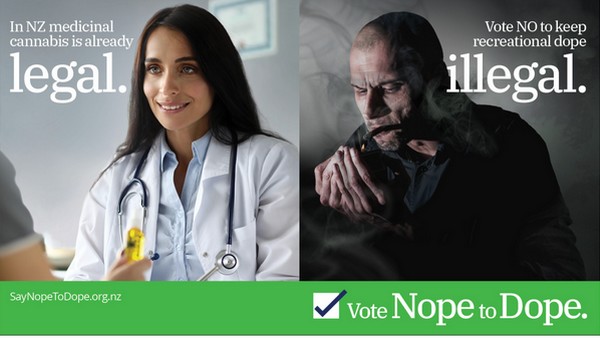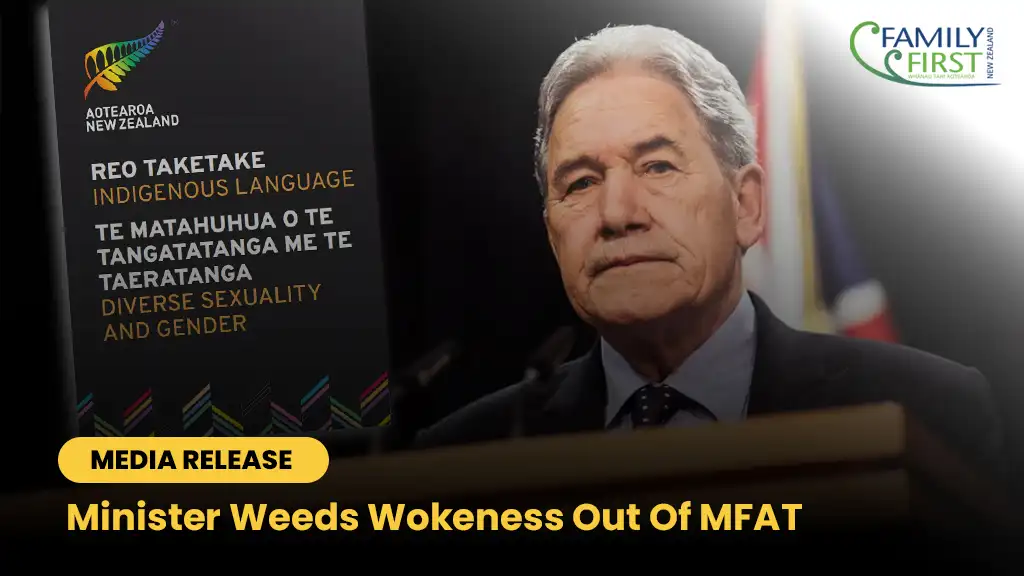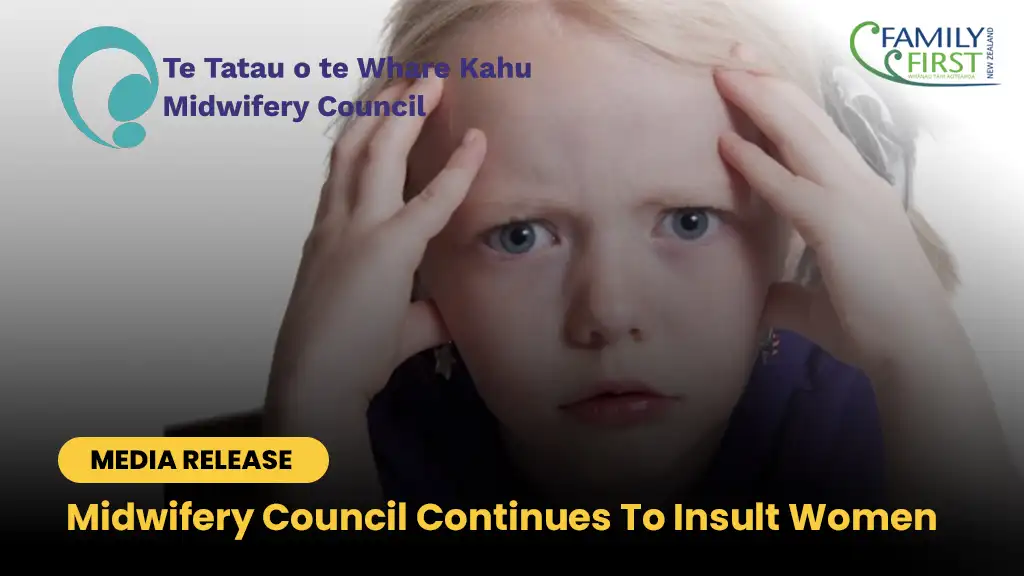Media Release 2 November 2020
Polling carried out by Curia Market Research after the cannabis referendum vote has revealed that many voters were confused around the legal status of medicinal cannabis which subsequently influenced their vote.
The survey shows that 60% of voters who voted yes did so because they “wanted cannabis to be made available for medicinal purposes such as pain relief”. This is despite the fact that medicinal cannabis has already been legalised, and the Government clearly spelt out on the official referendum website that “The Medicinal Cannabis Scheme, effective from 1 April 2020, aims to increase access to medicinal cannabis products. Medicinal cannabis is not included in the proposed law that will be voted on in the referendum.”
Voters in Auckland and in areas outside of the main centers were more likely to vote yes for the reason of medicinal cannabis.
“This may not be the sole reason for their yes vote, but the Yes campaign did an excellent job in perpetuating this confusion and it almost paid off. The silence around the private members bill of Dr Shane Reti which was drawn just before the election confirms that the Yes campaign was keen to use the medicinal aspect to increase the yes vote, yet the referendum was clearly about legalisation for specifically recreational use,” says Bob McCoskrie, National Director of Family First NZ.
The survey also reveals that ACT voters were 2:1 against legalising cannabis – contrary to the vote of the leader David Seymour. Labour voters were slightly more in favour, Greens overwhelmingly in favour, and National voters strongly against.
70% of voters under 30 were in favour of legalisation, but between 60–66% of those over 46 were against. Those on higher incomes ($150k+ household income) were more likely to vote yes. Students and those on benefits were strongly in favour of legalisation, while retirees weren’t. Maori were in favour 2:1, non-Maori weren’t.
The polling was carried out on the four days after election day and polled 1,846 people, and has a margin of error of +/- 2.3%.
ENDS




